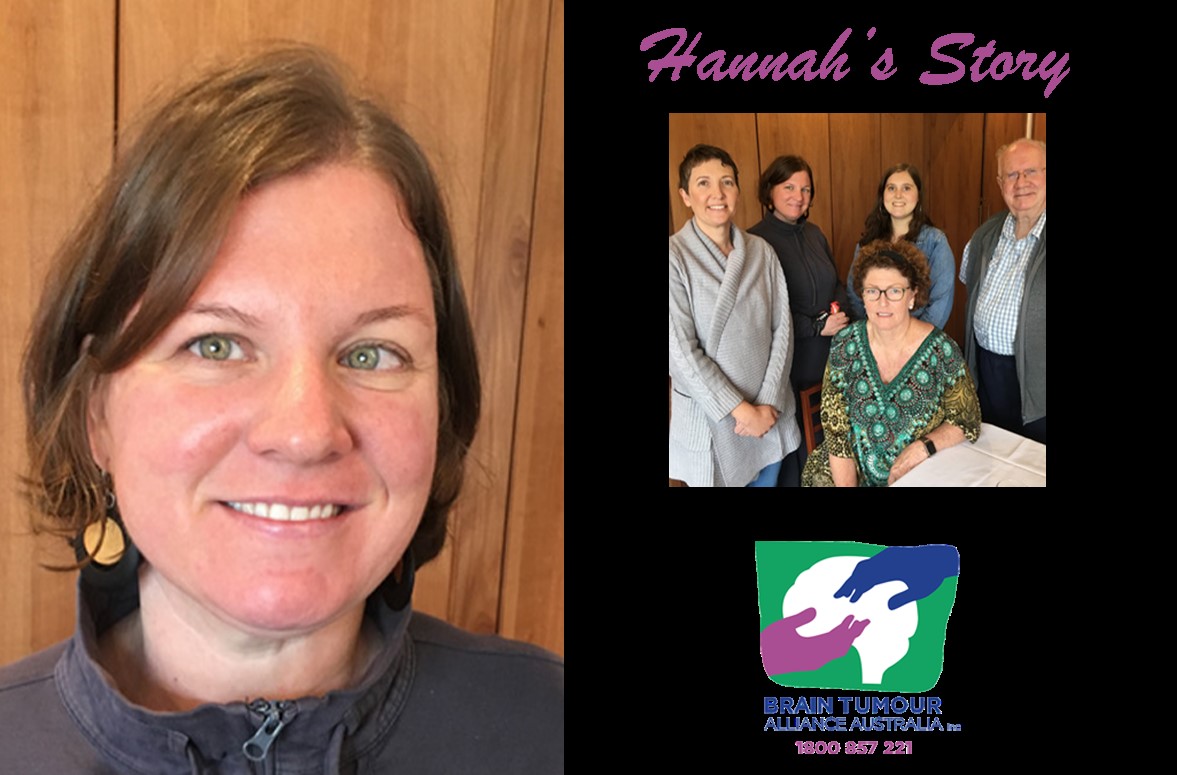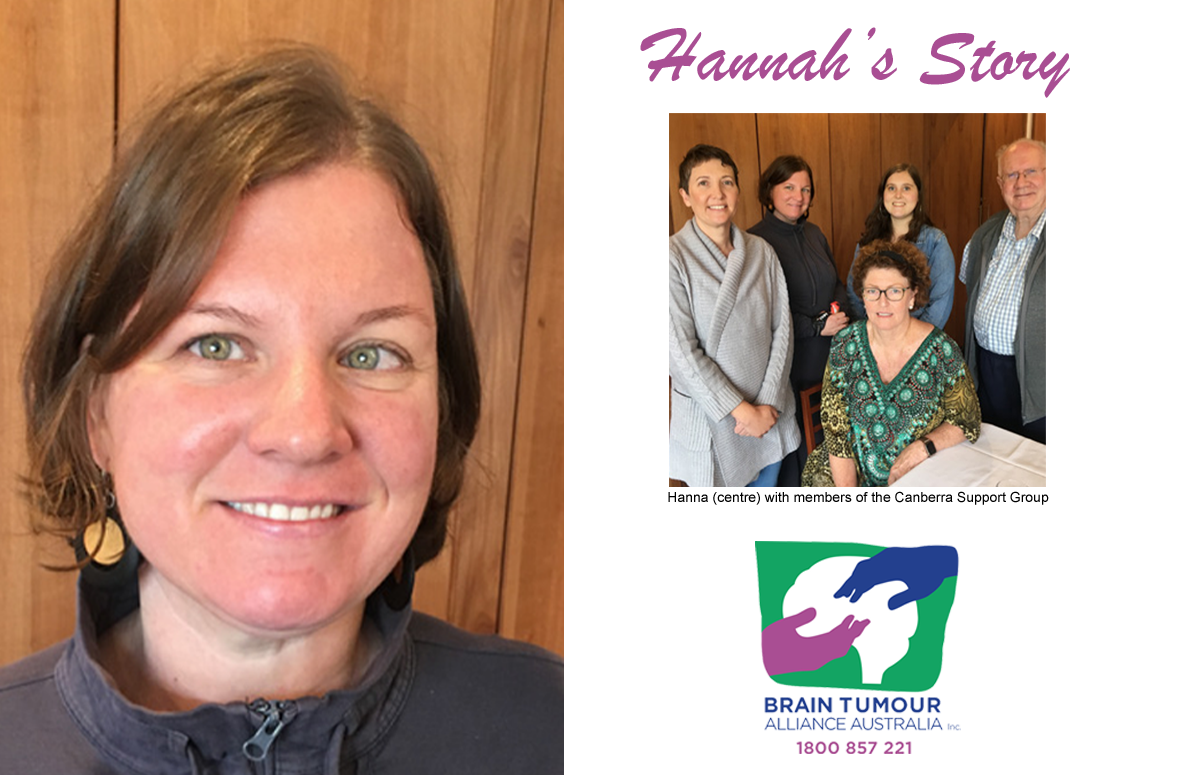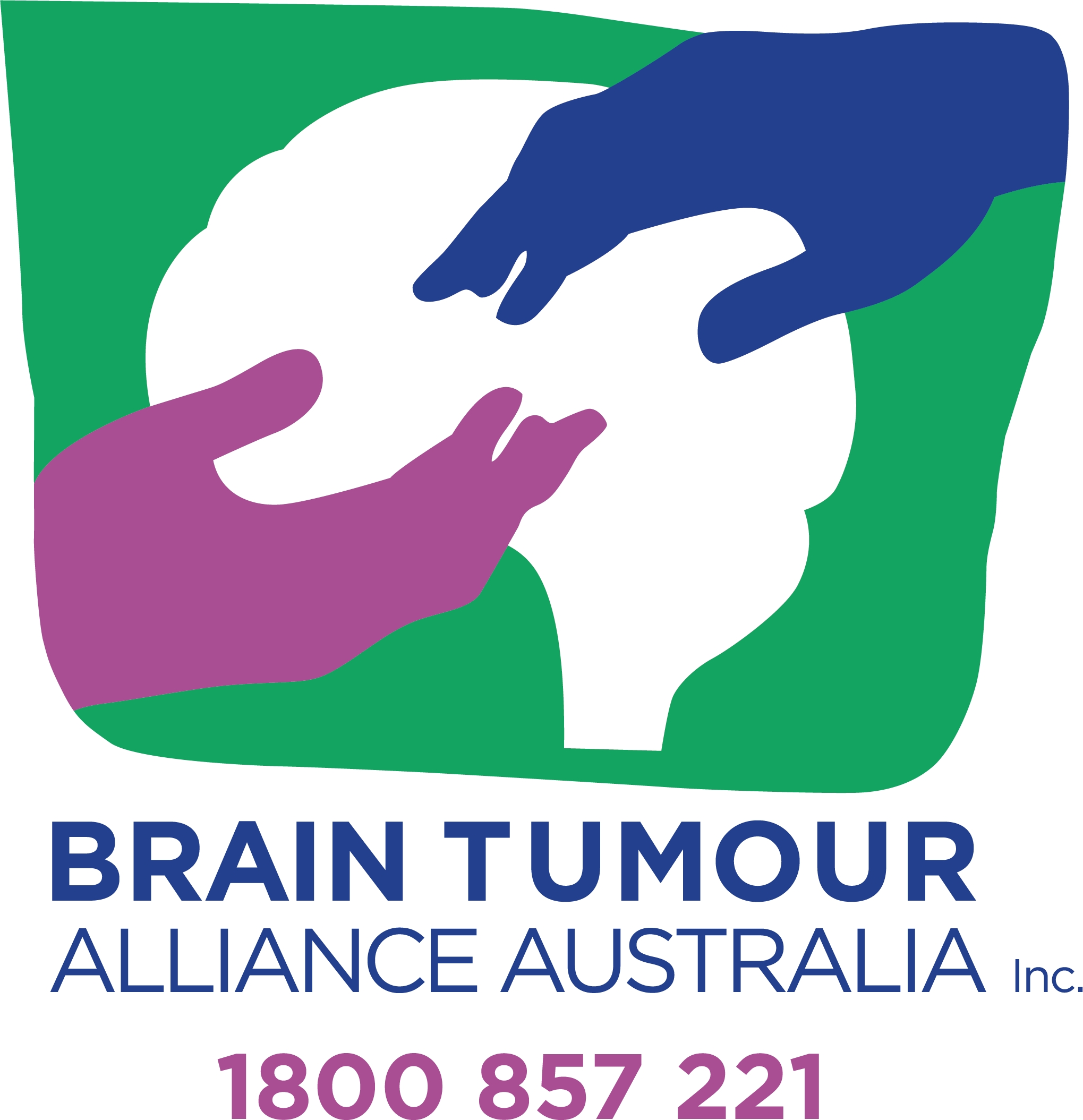

A story about complications is not going to be popular. So, if you’re due for a craniotomy, I’d stop reading. But then again, maybe I’m a good news story? It all depends on how you see this.
In May 2017, I had a partial resection of a meningioma where one of the risks that they mentioned materialised - I had a brain bleed, a haemorrhage in my brain stem. This, unfortunately, resulted in a brain stem stroke and “Locked-In Syndrome”. Luckily I have emerged from that and am now pretty functional, with some mobility deficits and neural fatigue. I also have a slightly reduced vocal capacity and double vision, plus a very odd emotional experience of the world. I have a very heightened sense of the world. When I love, I LOVE. When I’m sad, I’m SAD. Don’t tell me a sad story now, I’ll be a blubbering heap in the corner. It’s like every characteristic I had is on steroids. I was pretty empathetic, now I feel your pain so hard, I cry and think about it for months. Really feeling in the world is not all bad but having a 6th sense is intense, and tiring.
I would like to discuss the notion of risk and how it’s conveyed before something like a craniotomy. Now, I’m highly educated, but not in the sciences. So, when they said ‘stroke’, I was like, “Yeah, I know that word, but that’s like some minor medical condition right?” Don’t assume people know. I was 35 years old and not really accustomed to stroke and the disabling effects of stroke. I’d never seen someone try and recover from one. I don’t know if knowing any more would’ve actually changed my decision, I didn’t really have any choice but I think the medical team needs to make it a little clearer how risk may reverberate in someone’s life. I’m thinking about this now because, despite it being almost two years on, I’m surprised at how the mental energy and focus required to keep on recovering seems even greater.
I do believe recovery is ongoing but changing and forging new neural pathways is a lot of work. I got back to work but am continually confronted with the fact that the path I was on is quite out of reach now, and this causes great sadness. Now I’m a blessing counter, don’t get me wrong, but despite knowing how lucky we are, it doesn’t stop us from crying in a heap. ‘Why couldn’t my craniotomy be fine?’
Risks reverberate so heavily. It’s not as simple as sitting in your office and telling someone they may struggle with balance afterward. ‘Struggle with’ doesn’t go on for years, maybe forever. ‘Struggle with’ does not mean you can’t sit up at all when you wake up. ‘Struggle with’ does not mean that almost two years on, you still have to plan every movement meticulously to avoid any incline with too much gradient. It reverberates into your supposed career, your marriage, your parenting, your relationships with your family and friends ... the list goes on. And it continues to reverberate for long after you’ve ‘resected’.
Hannah Derwent had a partial resection of a meningioma in May 2017. It was complicated by a haemorrhage that gave her a stroke.
To return to the BTAA homepage, please click here.

